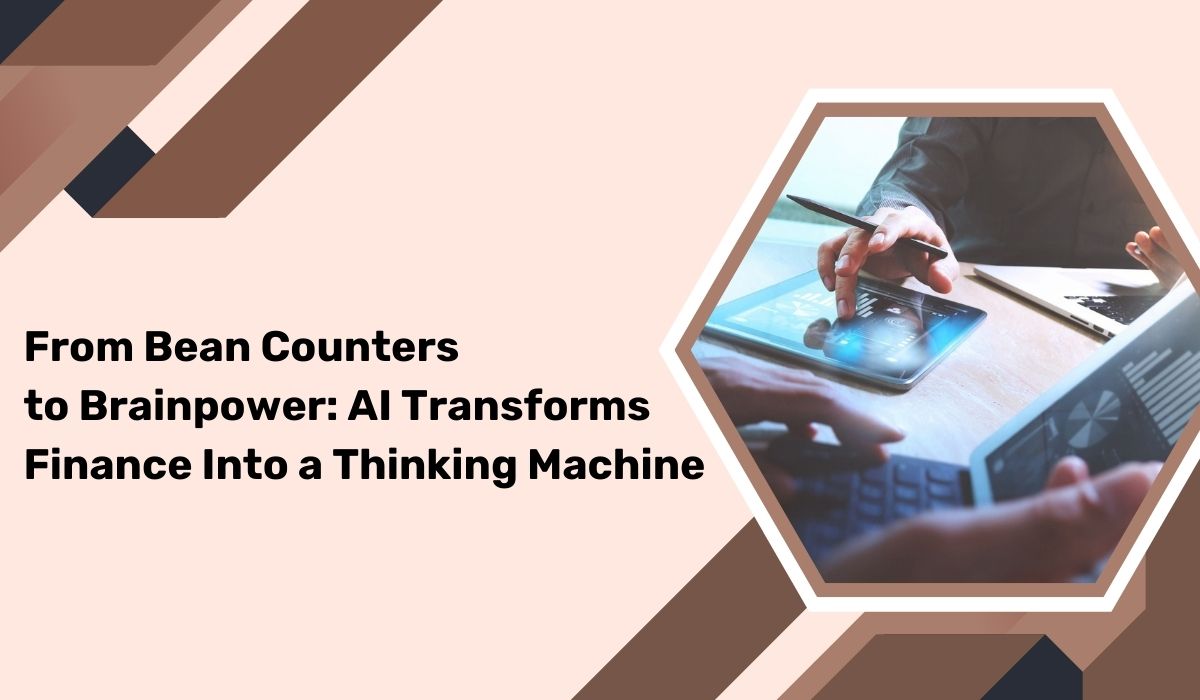
The infusion of Artificial Intelligence (AI) stands out as a revolutionary force, reshaping the operational landscape of institutions and redefining the way they engage with data and clientele. The synergy between cutting-edge AI technology and financial expertise is propelling the industry into an era characterized by efficiency, innovation, and a heightened focus on customer-centric solutions.From fundamental operations to broader functionalities, various sectors are experiencing tangible benefits from AI integration. Operational domains like sales and human resources witness AI playing a pivotal role in predictive analytics, talent management, and sales strategies. This widespread application ensures a comprehensive utilization of AI benefits, rendering processes smarter, faster, and more data-driven.
In lending, AI optimizes loan approval processes by leveraging data-driven insights to assess a borrower's creditworthiness. This expedites approvals, ensuring a higher throughput of accurately evaluated loan requests and simultaneously mitigating potential risks associated with lending. AI's prowess in detecting unusual patterns enhances fraud detection solutions, providing an additional layer of protection against evolving cyber threats in financial transactions.In the compliance arena, there is a discernible surge in utilizing automation and AI to monitor transactions, ensuring strict adherence to regulatory standards. These technological tools prove indispensable in delivering real-time oversight and promptly flagging any anomalies within the complex regulatory landscape that banks navigate.In investment banking, technology is reshaping the sourcing, structuring, and execution of deals. Advanced analytics tools provide profound market insights, facilitating more precise forecasting and strategic formulation. These technological advancements underscore the universal relevance and potential impact of the latest innovations in banking.
As AI continues to advance, diverse facets of the sector will undoubtedly reap its benefits, automating mundane tasks and expediting various processes to the advantage of consumers. This allows financial service companies to strategically allocate resources, focusing on improving core, customer-facing services and experiences.AI-driven predictive analytics aids senior management teams in data-driven decision-making, evaluating progress towards milestones and KPIs. By analyzing historical trends, market conditions, and customer behaviors, these systems contribute to forecasting future financial trends, optimizing investment strategies, loan approvals, and risk management plans. This foresight reduces uncertainties and enhances overall business performance.
However, as AI revolutionizes the financial services industry, it is crucial to acknowledge the need for thoughtful regulation and oversight. While embracing the potential of AI for advanced data analysis and personalized services, there is a consensus that regulation should ensure a calculated evolution of AI technologies, prioritizing innovation and responsible handling of data security and ethical considerations.As we integrate Artificial Intelligence into financial services, our commitment to ethics and security must remain steadfast. Upholding rigorous ethical standards and robust security measures is not just a precaution but a fundamental aspect of this technological evolution. As we navigate this new era, it is our collective responsibility to ensure that the advancement of AI occurs within a framework of integrity and trust, securing a future where innovation is groundbreaking, conscientious, and safe.